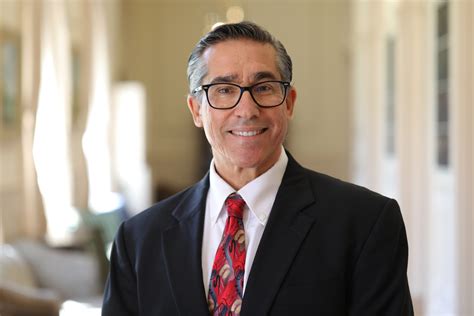A Quote by Brian Greene
My view is that science only has something to say about a very particular notion of God, which goes by the name of 'god of the gaps'.
Related Quotes
We may have created this projection of what God should be, as this judge or test, but the fact is, the only way we know about God is by knowing ourselves in some way. So God must be in ourselves-you can't deny that. If you say that God is somewhere else, which is what a lot of religions say, I just can't deal with it. I guess it's the difference between Buddhism, Christianity, and Judaism, or something.
In a very real sense my science does inform my knowledge of God. If you would allow me to say that we never know God, because if I claim that I know God, I know something other than God, because God is not knowable, he is unknowable. So we have to approach it in that sense first, that my knowledge of God is always limited.
Religion and science have nothing to do with each other, they're about different things, science is about the way the world works and religion is about [...] miracles. [...] And in any case, if you ask most ordinary people in church or in a mosque why they believe, it's almost certainly got something to do with the belief that God does wonderful things, that God intervenes, that God heals the sick, that God answers prayers, God forgives sins.
He who has spent billions on churches, on mosques and on every kind of sanctuaries is guilty of not giving that money to the science! The path of sanctuary does not lead to God; the path of the faith does not lead to God; only the path of science leads to God! The bridge between man and the unknown God is not worshipping but it is science, only the science!
I build molecules for a living. I can't begin to tell you how difficult that job is. I stand in awe of God because of what he has done through his creation. My faith has been increased through my research. Only a rookie who knows nothing about science would say science takes away from faith. If you really study science, it will bring you closer to God.
The concept of God in America is very different than it is in England. Because we see the horrendous outcome of religion as being an American thing, in which the name of God has been hijacked by a gang of psychopaths and bullies and homophobes, and the name of God has been used for their own twisted agendas.
There are cultures in which it is believed that a name contains all a persons mystical power. That a name should be known only to God and to the person who holds it and to very few privileged others. To pronounce such a name either ones own or someone else's is to invite jeopardy. This it seemed was such a name.
So much confusion about belief in God, morality, and science arises, not from what people say they believe, but rather from mistaken assumptions about God, morality, and science that they don't know they believe. In Three Theological Mistakes, Ric Machuga, with clarity and grace, explains the genesis of these mistakes and provides the intellectual tools by which we can recover from them.
I don't put a very clear label on my work. If anything, I write science fiction - looking at a moment now, in the present, and then extrapolating outward to think about what the future might look like if this particular trend goes on, or if this particular trend is the most dominant. That's a science fictional tool.





































